Keywords: South Australia
There are more than 200 results, only the first 200 are displayed here.
-
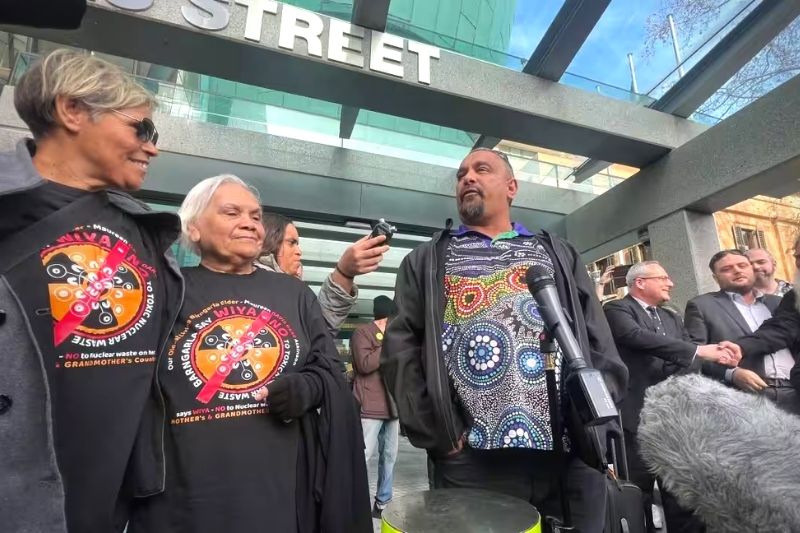
ENVIRONMENT
- Michele Madigan
- 10 August 2023
9 Comments
Barngarla traditional owners celebrated after the Federal Court set aside a decision to build a nuclear waste dump at Kimba when a judge found the decision had been shaped by 'bias'. This comes after a six-year fight against a controversial proposal to build a nuclear dumping facility on Kimba Native Title land.
READ MORE
-
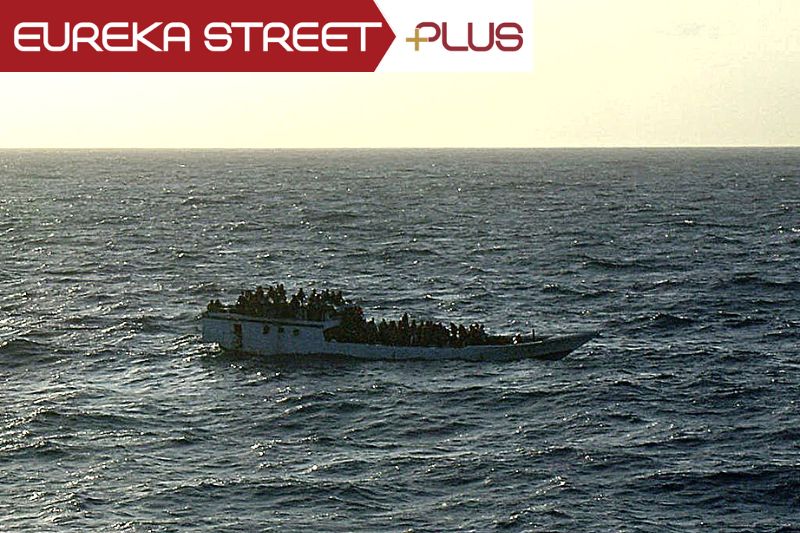
AUSTRALIA
- Kerry Murphy
- 28 July 2023
How has Australia's asylum seeker policy changed over the past thirty years? The approach of every government has reflected the shifting political landscapes and challenging humanitarian issues that have continually shaped Australia's response to those seeking refuge.
READ MORE 
-
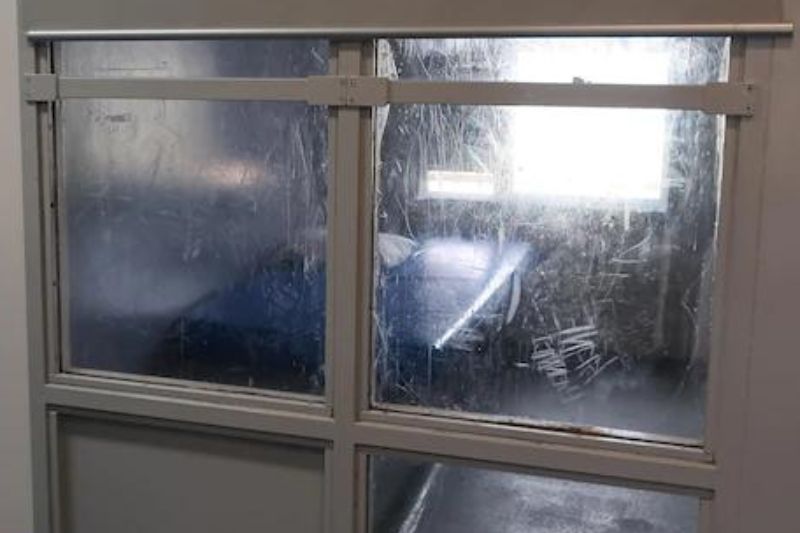
AUSTRALIA
- Andrew Hamilton
- 20 July 2023
1 Comment
A Supreme Court judge in Western Australia has banned solitary confinement at Banksia Detention Centre, shining a light on the controversial practices within the nation's juvenile justice centres. Yet, public response remains muted despite the troubling revelations, raising concerns about systemic failures, the need for empathy and societal responsibility towards our youth.
READ MORE
-

ARTS AND CULTURE
- Barry Gittins
- 14 July 2023
2 Comments
Kate Holden’s The Winter Road is a ranging meditation on a 2014 execution-style murder committed on a dirt track in Croppa Creek, in northwest NSW. Barry Gittins speaks to Kate Holden about her prize-winning account of the crime, reminding readers of the uneasy history of predation in this country and the damage it does to the land and to the people on it.
READ MORE 
-
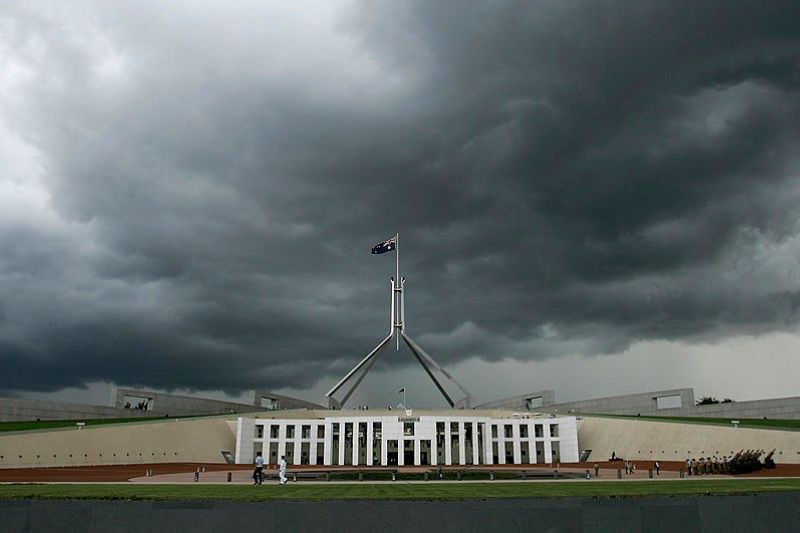
AUSTRALIA
- James Massola
- 14 July 2023
5 Comments
Catherine Holmes' Royal Commission report exposes the staggering mismanagement and human cost of Australia's Robodebt scandal. The scheme burdened over 500,000 Australians with non-existent debts and is linked to at least three suicides. This report unravels the culture behind the disaster and the potential repercussions ahead.
READ MORE
-
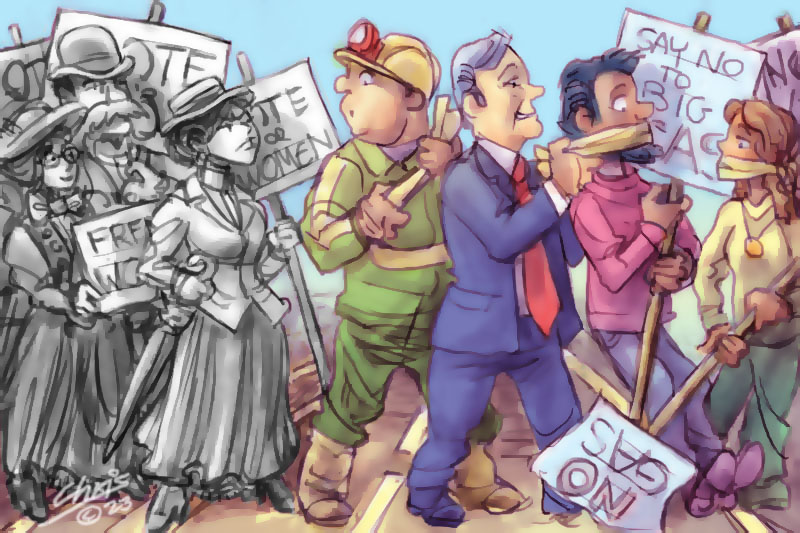
AUSTRALIA
- Michele Madigan
- 29 June 2023
2 Comments
Following a rally by climate action group Extinction Rebellion, anti-protest laws were rushed through the SA lower house, increasing the maximum fines for disruptive protests along with potential jail time. Sadly, SA is not an outlier here, but is rather in step with the rest of the country with similar ‘draconian’ laws regulating protests.
READ MORE
-
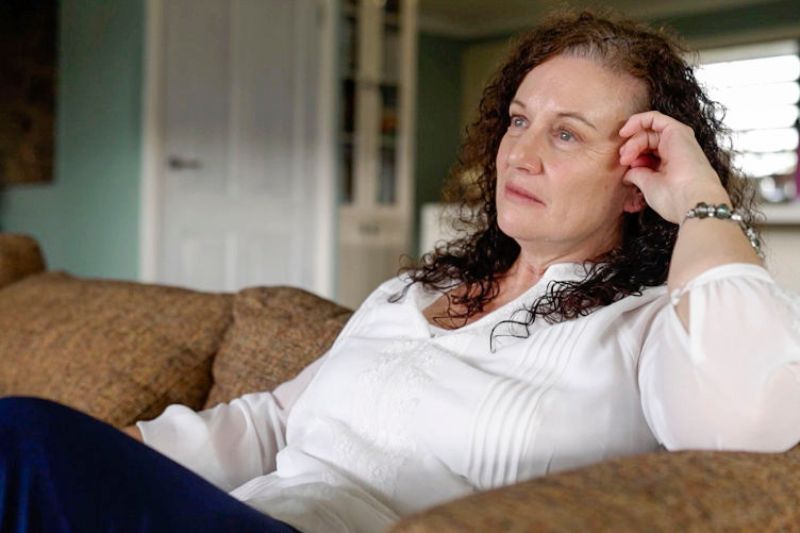
AUSTRALIA
- Binoy Kampmark
- 14 June 2023
3 Comments
At the intersection of myth, science, and law is the contentious case of Kathleen Folbigg, accused of being a modern-day Medea. Convicted of killing her children and later exonerated, Folbigg’s story serves as a cautionary tale about the complexities of science in legal judgments and societal myths of motherhood cloud our interpretation of facts.
READ MORE
-
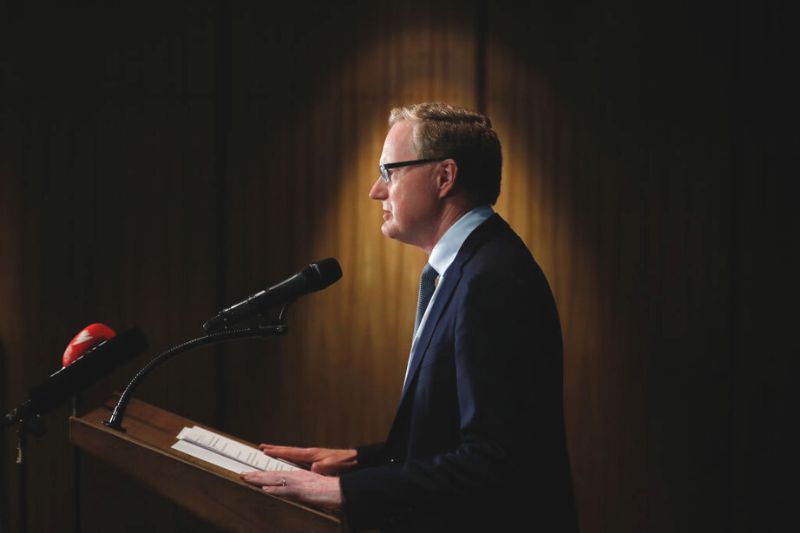
AUSTRALIA
- James Massola
- 13 June 2023
2 Comments
In a year defined by surging living expenses, RBA Governor Philip Lowe finds himself the object of public ire, his failed rate predictions and aggressive anti-inflation measures becoming a litmus test for the enduring effects of a global crisis. Will the Labor party dare sever ties with Lowe, or will they allow him to continue wielding the hammer, regardless of the mounting human cost?
READ MORE
-
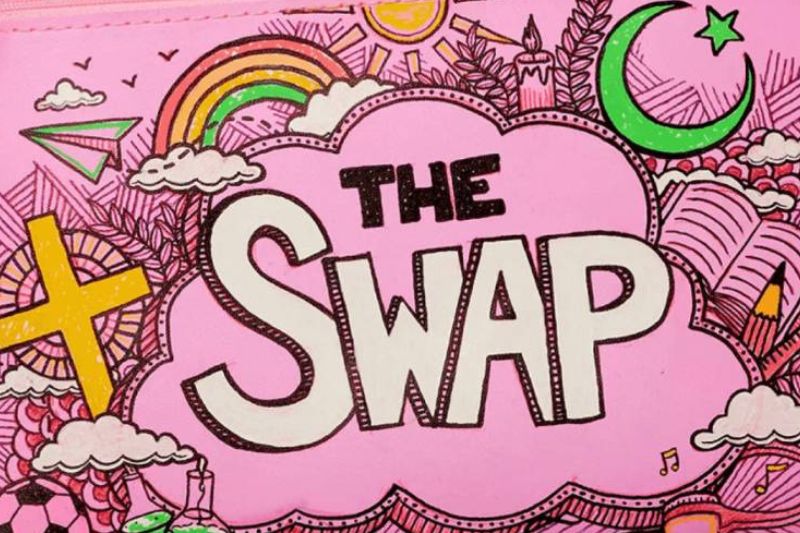
ARTS AND CULTURE
- John D’Arcy May
- 08 June 2023
3 Comments
The Swap unfolds as a captivating documentary series and a remarkable ecumenical experiment. With Muslim, Catholic, and state school students at its center, the series illuminates the transformative power of acceptance and understanding through the lens of interfaith dialogue, leading the viewer to wonder: how might interfaith dialogue better shape our collective journey?
READ MORE
-
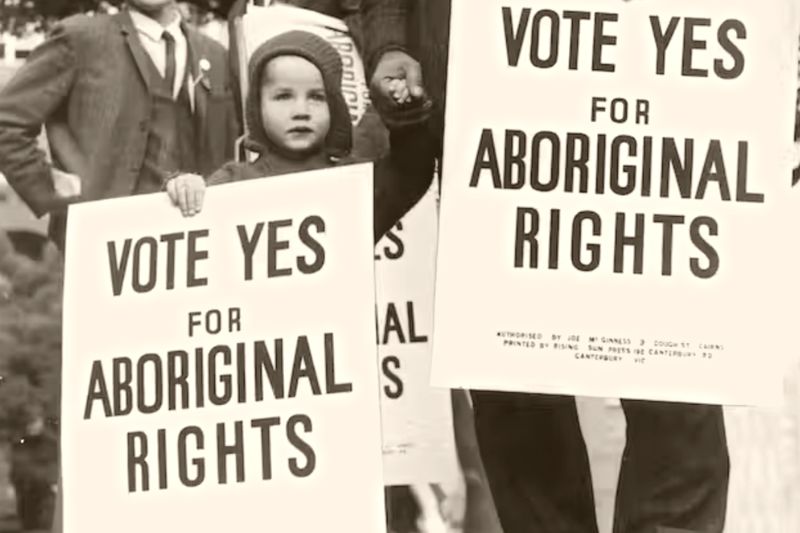
AUSTRALIA
- Frank Brennan
- 05 June 2023
19 Comments
The wording of the proposed change to the Australian Constitution to enshrine a First Nations Voice might not be perfect. But whatever the imperfections and the risk of future complications, it is high time that Australia’s First Peoples were recognised in the Constitution in a manner sought and approved by a broad cross-section of Indigenous leaders.
READ MORE
-
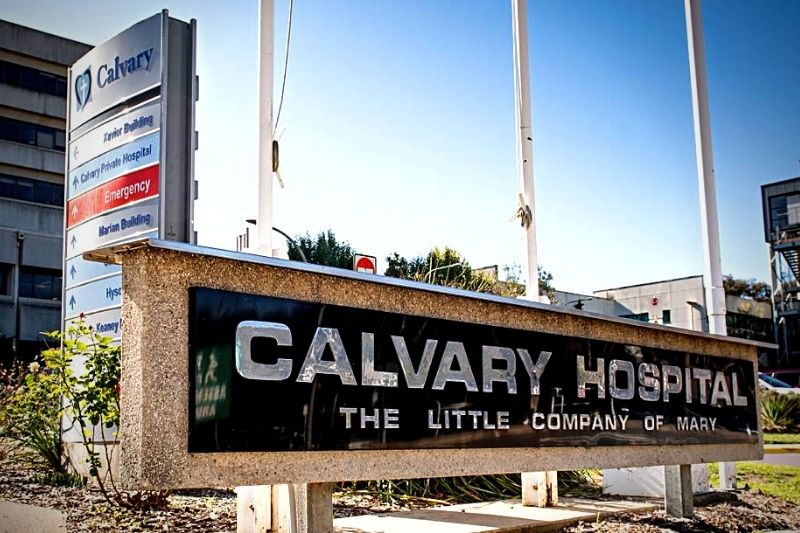
AUSTRALIA
- John Warhurst
- 01 June 2023
25 Comments
Amidst escalating tensions, the ACT government's move to acquire Calvary Public Hospital is facing strong backlash from the church. With claims of hasty decision-making and allegations of anti-religion bias dominating the discourse, this crisis highlights the societal shift towards secularism and questions the role of religious entities in managing public services.
READ MORE
-
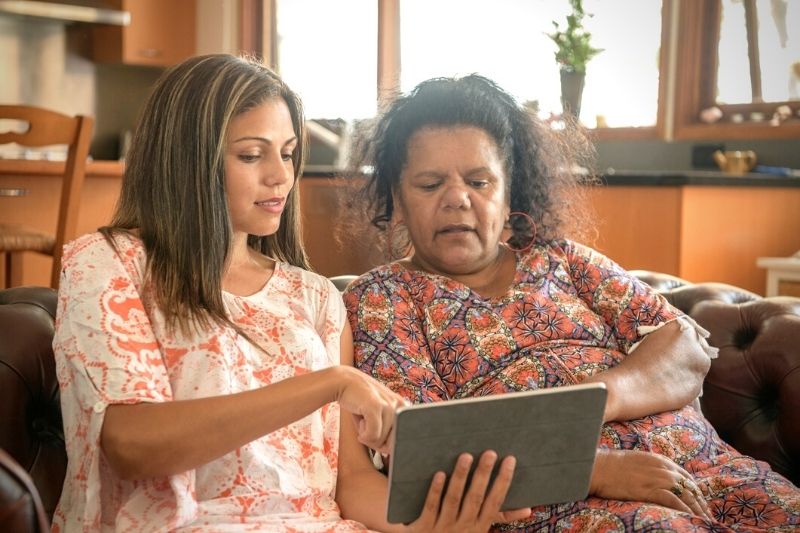
AUSTRALIA
- Natasha Moore
- 31 May 2023
1 Comment
250 years ago, hundreds of Indigenous languages were spoken in Australia. Today, only 3 percent survive. This echoes a painful narrative of dispossession of land, lives, and culture. But can a long-dormant language be brought back to life? A key figure in the resurgence of the Noongar language offers hope against the backdrop of cultural loss.
READ MORE